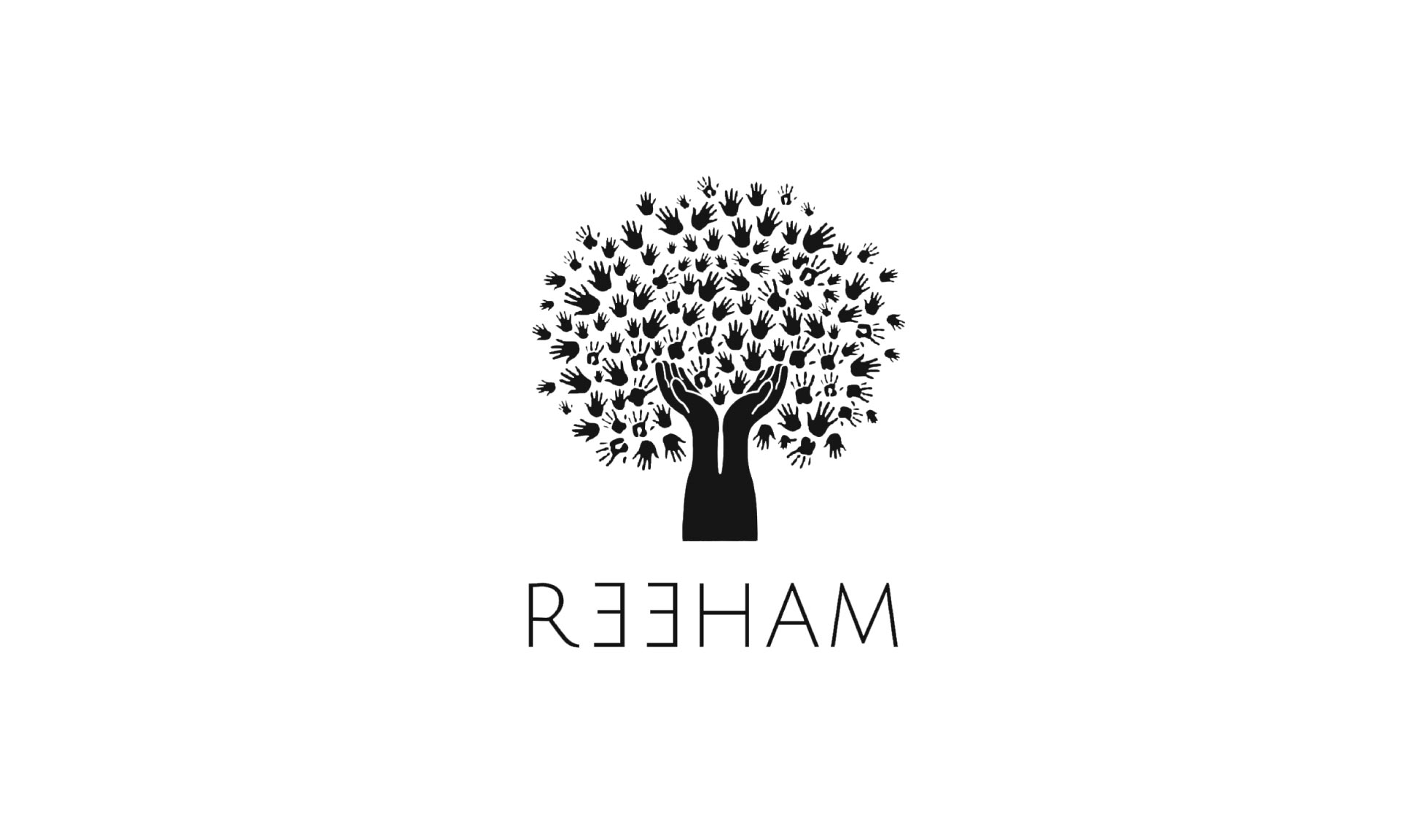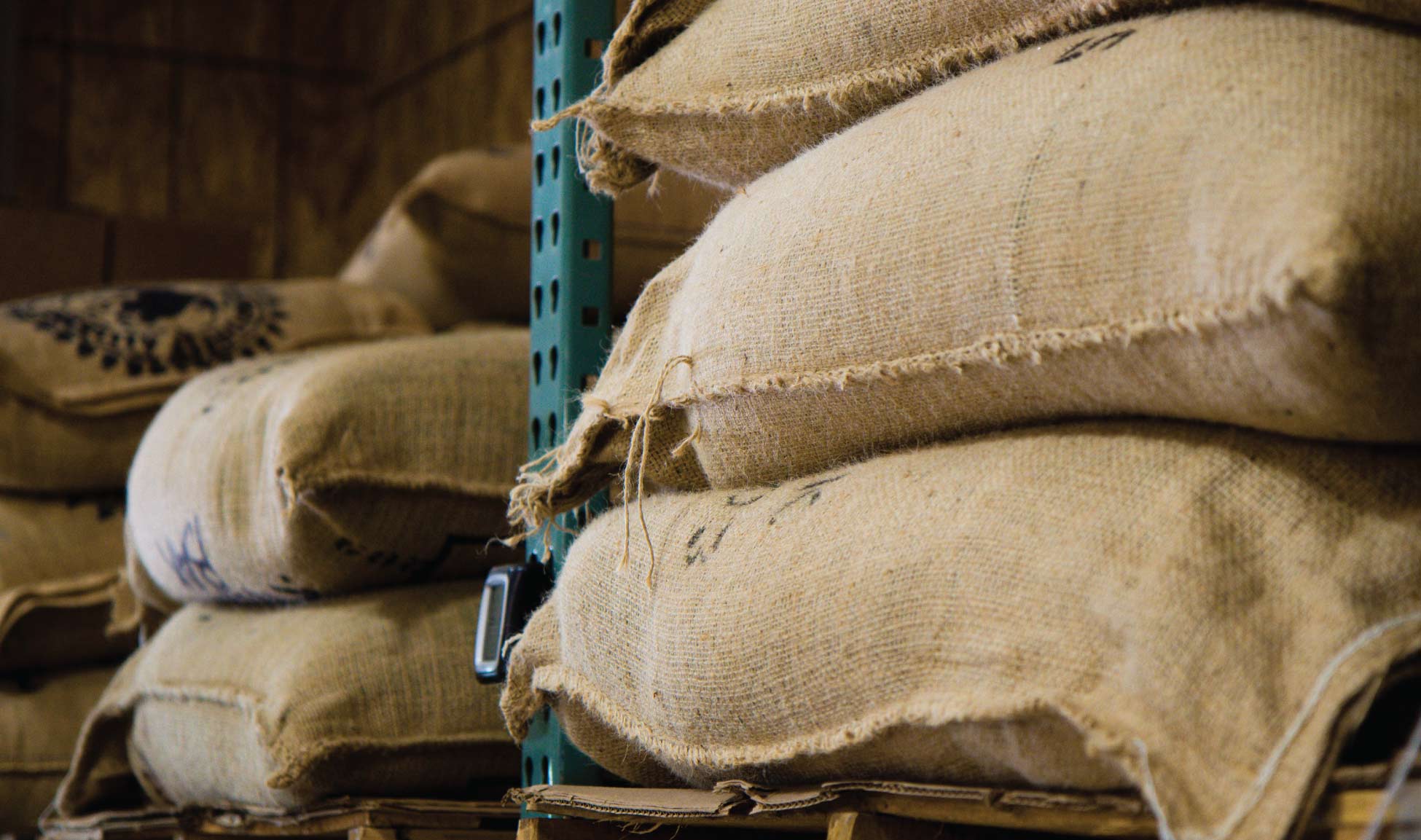Go to the White Labeling Service this way.
Bringing your brand to the forefront while fulfilling your dreams and desires is a coveted goal for many. It is a good feeling to present one's name to the outside world and to offer added value to others.
A product or service that is branded is seen as having a higher value in some cases. But this depends on the marketing communication in the overall package of the brand.
In the product area itself, as a young company, there is the possibility of a White label / private label option, where producers literally manufacture and deliver on behalf of a brand. The first steps to own brand would thus be covered. However, there are still many legal requirements to be observed before the product is actually ready for the market.
More about this in the part below.
It is a simple procedure: In the case of contract roasting according to recipe, the roast master and the customer agree on what blends (taste), purchase quantities and other services are required.
The service varies depending on the Roastery. As a rule, partnerships already exist between roasters and their suppliers, from which the white label customer could benefit. If necessary, the customer has additional needs for training around the coffee service.

Coffee roasters roast mainly for their own café locations and specialize entirely in their own tastes. They are not conventional coffees that you know from the supermarket. So-called Specialty Coffee bears the characteristic features of its roast master.
You work with the Coffee aroma wheel and thus coordinate the flavor nuances. Sometimes sweeter, sometimes chocolatier, and sometimes fruitier. More than 1,000 flavor levels are possible. This makes it all the more challenging for the roast master to offer more than a dozen coffees for sale, as coffee has its very own storage conditions after roasting in order to maintain freshness for as long as possible.
Therefore, Specialty Coffee is usually sold only in small (popular) varieties and for a premium price.
Premium Coffee
Greatest care from controlled cultivation and individual composition make, among other things, a premium coffee. Combined with infinite flavor aromas, this makes the coffee beans the right white label product.
It's not just the gentle roasting and the individual recipe. No, it's the whole process from pesticide-free cultivation to the proper brewing of the coffee. It's the basics but also the personal touch that the roast master gives to the coffee.
For the customer, it means coffee enjoyment of the highest degree without complaints. No bitter substances, no boring supermarket coffee and instead long, enjoyable moments in combination with the taste of his choice.
For the roastery it means Quality Management of the highest degree.
Purchased expertise
If you really want to stand out from the competition, you have to develop your own recipe. Recipes define the strength of the coffee as well as its brand and remain a strict trade secret. In the case of white label coffee, this can be developed and improved in collaboration with the master roaster. Best practices in coffee roasting apply before the actual taste.
In the example of the Reeham Coffee Roastery we produce our own products according to our recipe. Of course, we do not grow any coffee ourselves, but obtain it from our suppliers in Brazil and Mexico. From many individual coordinated steps, we create a typical character for the brand.

Coffee Tasting in the roastery
This also applies to white label customers: They should find out which recipe best suits their business / café and use it to remain competitive in the market.
It remains a matter of taste
In a coffee tasting it comes to the desired final product. This is based on the existing standard of the roast master. This means that he already has his basic taste and the customer can build on it.
Each roaster has its own machinery and technology that distinguish its coffee. Therefore, when looking for a white label partner, it is advisable to test several roasters and their specialty coffee. Most of them remain true to their style and also stay in their flavor field when giving flavor advice.
This could be associated with advantages and disadvantages in flexibility. It is not necessarily the quality that suffers, but only the subjective taste. Furthermore, the aroma is also largely defined by the coffee beans used. The coffee blend from Brazil and Mexico (Arabica beans), for example, differs significantly from that from Vietnam (Robusta beans).
Here, the roast master also lets his customer know via his suppliers which suitable growing regions would meet the needs of the café. It is advisable to know the wishes of the respective end customers and to design the perfect coffee blend based on this.
Contract roasters will not always be able to produce the specified recipe, because either the equipment or the know-how of colleagues cannot be transferred 100%-ig.
Nevertheless, with advanced technology and close partnership, it is possible to achieve the desired white label goals.
Making the start easy
Coffee roasters and their white label customers are looking for qualitative partnerships and benefit from each other's know-how in the long term. Small and also established brands usually remain loyal to the roaster and develop new product lines with them.
An agile changeability of a coffee brand to be built up and the roastery's handling skills create a solid basis for a fruitful business relationship. The needs of the end customer can thus be met quickly and flexibly.
Identify customer needs
Every end customer has his own needs, which can be satisfied by the right demand, i.e. the market offer. So, in order for both parties in the private labeling business to meet their end customers, a concrete customer analysis should be conducted.
The better one knows the customer, the more competitive and successful a company can act. In interaction with the roastery, one therefore clarifies, among other things, the following aspects that the partner should consider:
- Distribution (e.g. wholesale, gastronomy / café, store)
- Coffee lifestyle (breakfast coffee, coffee and cake, to-go, office)
- Intended use (as a hot beverage, further processing for manufactures, cocktails)
- etc.
Ideally, one knows the suitable consumer market and is already established in the coffee business: The right products are available and only need to be refined.

Identifying customer needs for coffee
Find suitable roasteries
The suitability of a roastery depends on the planned market. As the customer needs have already been described, the partners must also define their own needs.
For example, you may want to reflect certain standards and values in your product or simply copy the competition and gain market entry.
But if you want to grow as a company and don't want to be dependent on the competition, you should work together with the roast master to find an optimal solution.
The competencies of both partners play a role here. In other words, a harmonious complementary interaction would be a recommendable combination.
For this reason, one could follow a suitable coffee roastery the following qualities:
- works ethically with quality coffee farmers
- can separate roast flavors from each other in detail and combine them appropriately
- offers as a contract roaster a coffee network with special conditions for accessories
- Is locally responsive and open to communication
In addition, the following points are added for the white label business (not all mandatory):
- Importing
- Recipe coffee roasting
- Packaging service (from contract filling to full-service incl. design, etc)
- etc.
We have a comprehensive quality management summarized here.
Observe legal requirements
Last but not least, we come to the essential legal regulations, where non-compliance can lead to restrictions in the sale. In any case, they must be followed in principle:
- Packaging Act
- Food regulation
- Labeling obligations
- Hygiene standards
- etc.
More Conformities for entry into the coffee market we have summarized here.
Conclusion White Label
In summary, a white label coffee roastery can be used to comfortably create a total package that is only looking for a competent maker.
Once the above-mentioned hurdles have been overcome, there is basically nothing standing in the way of a successful start. Only the marketing and the creation of a demand through a market niche are missing as the last building block for a coffee private label.
Sell your own coffee now!
As a white label partner, we roast according to your customers' taste. Your customers like it classic? Or do they prefer something special? We are happy to source the fresh coffee beans of the region of your choice. We work with coffee farmers who implement Fairtrade practices.
Our service includes the import, roasting and delivery in various quantities.



